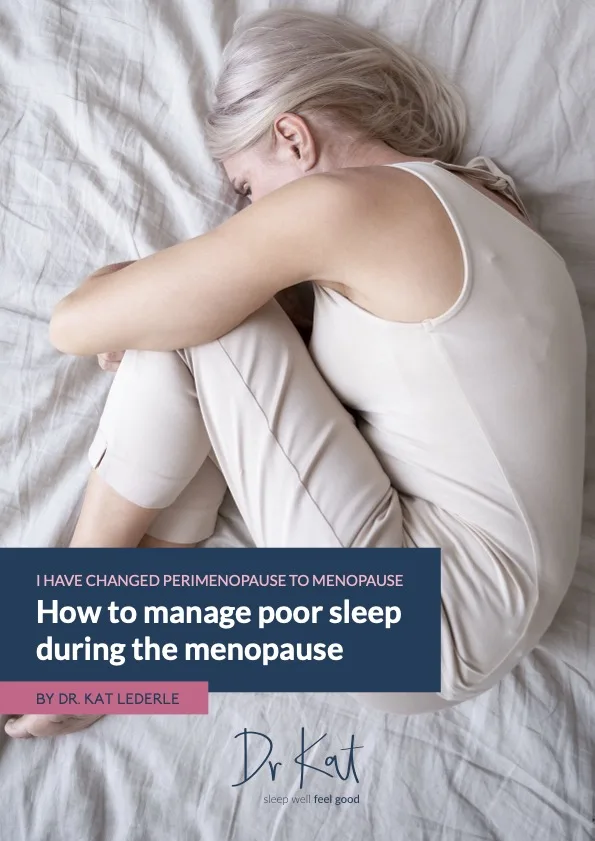A compassionate approach to poor sleep during the perimenopause
Many women going through the perimenopause (or menopausal transition) experience disturbed sleep. It’s one, if not the, core symptom of this period. According to research, up to 60% of menopausal women suffer from poor sleep – which also has a knock-on effect on their family, work and social lives.
Adopting a compassionate attitude, i.e. taking a moment to respectfully observe yourself struggling with the aim to support yourself, can help to alleviate poor sleep and its daytime consequences.




